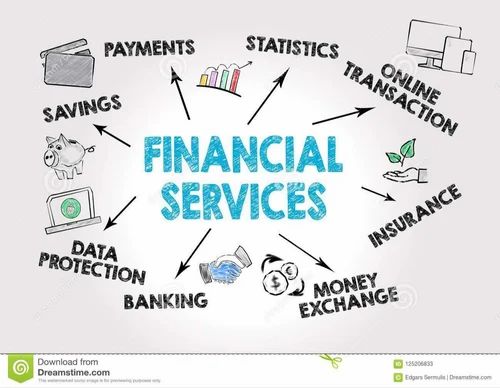Security, Performance, and QA Testing in the Financial Services IndustrySecurity, Performance, and QA Testing in the Financial Services Industry
The Importance of Domain Knowledge in the Financial Services Domain

Domain knowledge testing is a crucial component of software development. Having this domain expertise allows developers to identify bugs and fix them quickly.
Having a specialized finance domain can help you attract more targeted website visitors and build trust and credibility. It also helps you create a memorable and branded online presence.
Security Testing
Domain knowledge is important for a software developer, but it’s especially critical in the financial services industry. This sector needs to ensure its products are safe against unauthorized intrusions, which can damage the integrity of data. In addition, it must be able to identify and respond quickly to security incidents.
One common cybersecurity threat is malware, which can disrupt computer operations or gather sensitive information. It also can infect systems and encrypt files, causing businesses to lose access to data. To mitigate this risk, financial institutions should deploy robust malware protection technologies.
The.finance domain extension is a popular choice for banks, insurance companies, and other financial organizations. The domain name provides a recognizable home on the Internet that can help build trust and credibility with customers. It’s also a great option for bloggers who specialize in finance or budgeting, and it can help them stand out from the competition. Moreover, it can also help them attract more visitors to their website.
Performance Testing
The financial industry is constantly venturing into new markets and goods, increasing the load on IT systems. This requires a more comprehensive understanding of projected load on the system, making performance testing crucial. It is done across the entire development life cycle and helps to estimate, test and manage system load allowing the application to be built appropriately.
Banking applications must be able to process billions of dollars worth of transactions every day without any glitches. The slightest error can have grave consequences. This makes omni-channel testing essential for the field.
Software testing for financial domains involves a number of specific processes that are unique to the finance industry. This knowledge is critical for QA testers to gain in order to test efficiently and effectively. This special knowledge is often called white box testing and helps a tester understand the inner workings of the financial application under test. It also enables a team to perform functional testing and other regular software testing activities more quickly.
QA Testing
Domain knowledge helps QA testers understand the unique challenges that come with testing software in the finance industry. This knowledge can help testers avoid potential problems and ensure that their work meets the standards of the industry.
Banking applications handle private monetary information, so it’s critical that they function properly and remain secure. To accomplish this, testing banks’ applications needs to be done with a high level of expertise and care.
QA testing in the financial sector can be complex, because these applications are used by millions of users who each use different devices, connections, and operating systems. To test these applications effectively, a QA team must be able to simulate these diverse conditions during a functional testing process. This can be difficult, but partnering with a QA outsourcing company that has extensive domain knowledge can make the process easier. QASource, for example, has 800 engineers with years of experience in the financial services domain.
Testing Strategies
As banking domain applications involve sensitive information, they must adhere to stringent standards for security. They also have to guarantee a consistent digital experience to the users. As a result, testing apps developed for the banking sector demands unique technical capabilities and expertise.
The BFSI industry has many different components, including payment systems, credit cards, consumer finance companies, and stock brokerages. Each of these has its own requirements and processes, requiring special software development standards.
A performance failure in a finance application can cost thousands – and sometimes millions – of dollars for the company, its investors, and customers. To avoid such a scenario, it’s important to test all aspects of the financial software system with specialized tools and techniques like load testing, stress testing, and volume testing. Using these methods allows testing teams to find any areas that may be impacted by defect fixes. This helps them perform selective re-testing, which speeds up the testing process and ensures that the application is resilient.